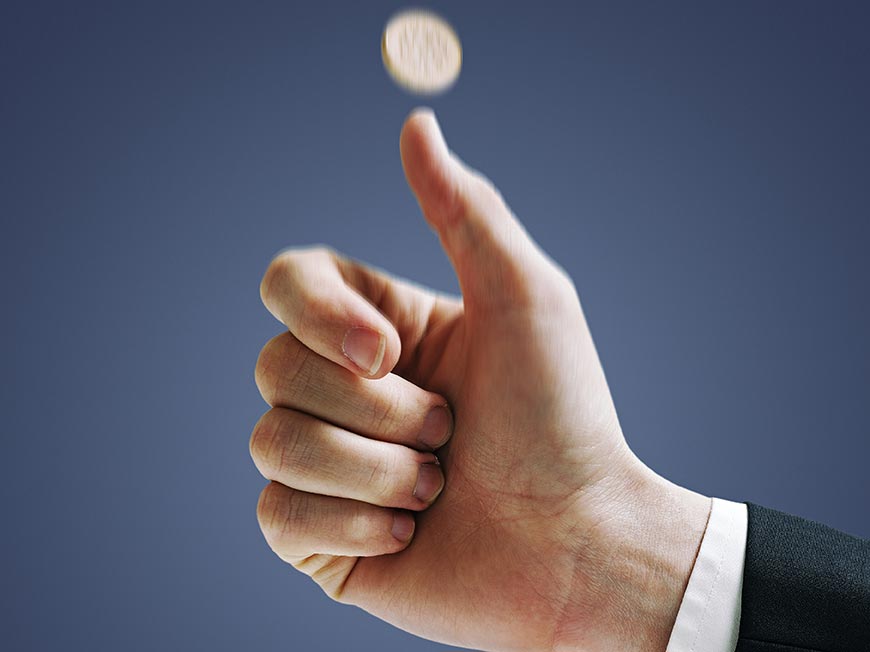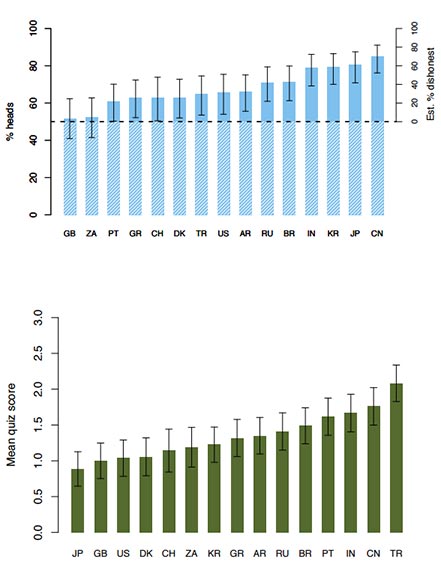The honesty of a country's population is linked to its economic growth, study finds
'Countries that develop cultures putting a high value on honesty are able to reap economic gains'

Your support helps us to tell the story
From reproductive rights to climate change to Big Tech, The Independent is on the ground when the story is developing. Whether it's investigating the financials of Elon Musk's pro-Trump PAC or producing our latest documentary, 'The A Word', which shines a light on the American women fighting for reproductive rights, we know how important it is to parse out the facts from the messaging.
At such a critical moment in US history, we need reporters on the ground. Your donation allows us to keep sending journalists to speak to both sides of the story.
The Independent is trusted by Americans across the entire political spectrum. And unlike many other quality news outlets, we choose not to lock Americans out of our reporting and analysis with paywalls. We believe quality journalism should be available to everyone, paid for by those who can afford it.
Your support makes all the difference.The British population is one of the most honest in the world, a new study has found.
It also established a link between how honest a country was and its economic growth by finding that richer countries tended to have the most truthful people.
The study, entitled 'Honesty and beliefs about honesty in 15 countries' from the University of East Anglia, examined 1,500 people from countries across the world in two experiments.
The first experiment was a coin-flip test in which everyone had been offered a financial reward if their coin landed on heads.
But participants from the UK were found to be the most truthful with only 3.4 per cent being dishonest about which side their coin landed.
People from South Africa and Portugal were also quite truthful, according to the experiment. China, at 70 per cent, was the most dishonest country, behind Japan, South Korea and India.
In the second experiment, the participants were asked to refrain from looking up the answers to three difficult music questions on the internet. If participants got more than one question correct, it indicated that they had cheated by researching the answers.
The UK ranked as the second most honest country after Japan. People from Turkey were the least truthful, behind China, India and Portugal.

Dr Hugh-Jones, a senior lecturer in economics at the University of East Anglia and author of the study, said although the honesty of countries related to their economic growth, the relationship was now weaker than before 1950.
“One explanation is that when institutions and technology are underdeveloped, honesty is important as a substitute for formal contract enforcement. Countries that develop cultures putting a high value on honesty are able to reap economic gains.”
“Later, this economic growth itself improves institutions and technology, making contracts easier to monitor and enforce, so that a culture of honesty is no longer necessary for further growth.”
Dr Hugh-Jones also found that people “were more pessimistic about the honesty of people in their own country than of people in other countries”.
The reason behind this could be because people were more exposed to news stories about dishonesty in their own country.
Join our commenting forum
Join thought-provoking conversations, follow other Independent readers and see their replies
Comments